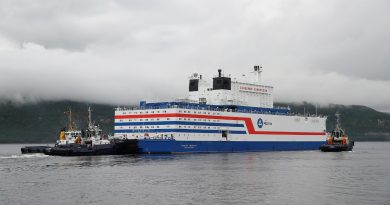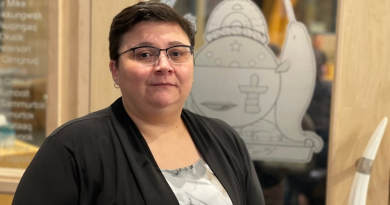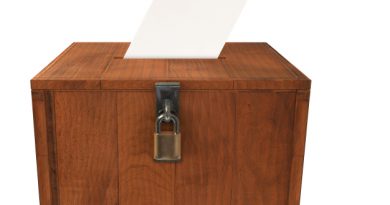Russia’s growing dependence on China altering dynamics in Arctic, UK committee hears
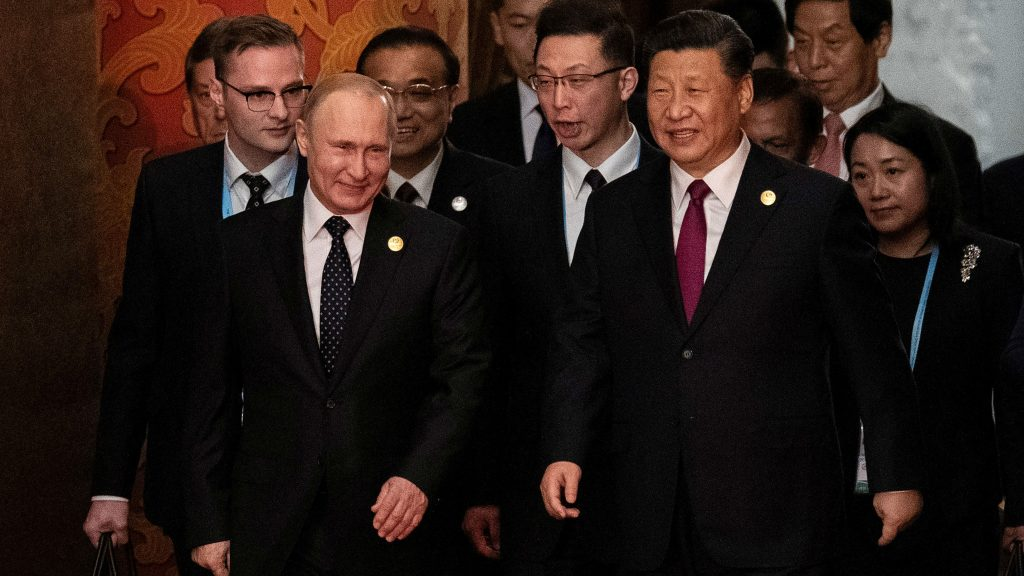
Russia’s growing dependence on China in the wake of western sanctions, rupture to Arctic Council cooperation and the ongoing conflict in Ukraine, could have long-term implications for the North in future, a UK defence committee heard.
“The Arctic has been a currency in the hands of Putin in his relations with China,” Katarzyna Zysk, a professor of International Relations and Contemporary History at the Norwegian Institute For Defence Studies told the U.K.’s International Relations and Defence Committee on May 3.
“China has been interested in strengthening its position in the Arctic and as Russia is looking for Chinese support, they are growing more dependent on Beijing. We’ve seen already some spillover effects of that in the Arctic.”
The Russian and Chinese coast guard memorandum concerning Arctic cooperation signed at the end of April is one example, Zysk said.
The memorandum focuses on joint efforts to combat terrorism, illegal immigration, smuggling, and illegal fishing.”
“We’ll see how it will develop, what kind of content it will have, but it certainly has the potential to include the security dimension in this cooperation, which is a new quality in Russia’s approach to China in the Arctic,” Zysk said.
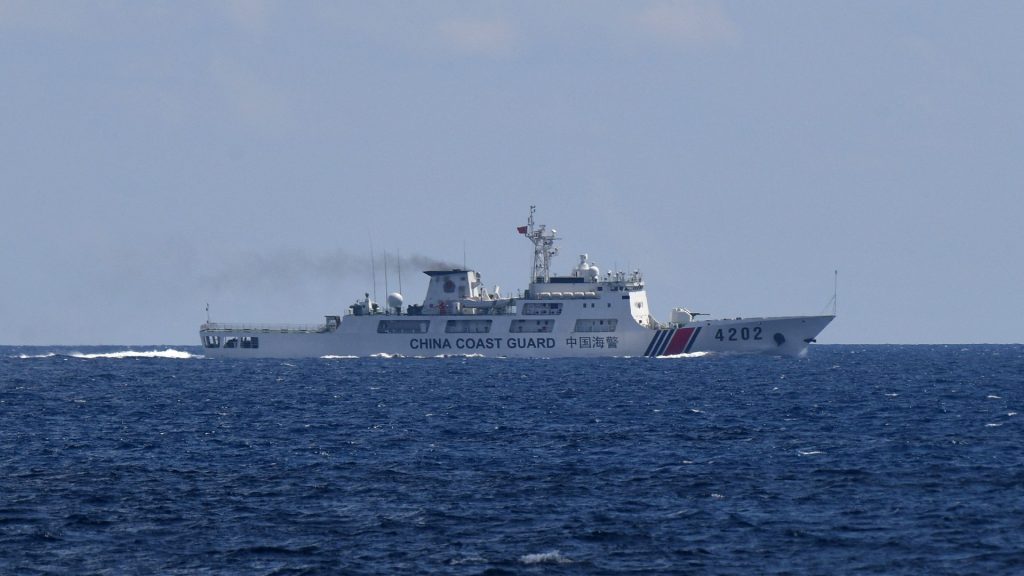
Relying on Beijing to prop up investments
Since 2013, China has been an observer country on the Arctic Council, and has sought to play a more active role in the Arctic. In 2018, it issued a policy document that laid out the country’s plans for massive investments and infrastructure projects in the North.
It has called itself a “near-Arctic state.”
Russian President Vladimir Putin has made Arctic development an increasing priority both over the last decade, something that includes everything from natural resource projects to development of the Northern Sea Route.
However, the wave of Western sanctions following Moscow’s invasion of Ukraine has disrupted many of these plans
“Moscow, I think, will become increasingly reliant on China to help prop up and support the investments required in order to sustain the Arctic as that fount for future economic stability, as far as Russia is concerned,” Nick Childs, senior fellow for Naval Forces and Maritime Security, International Institute for Strategic Studies (IISS), said.
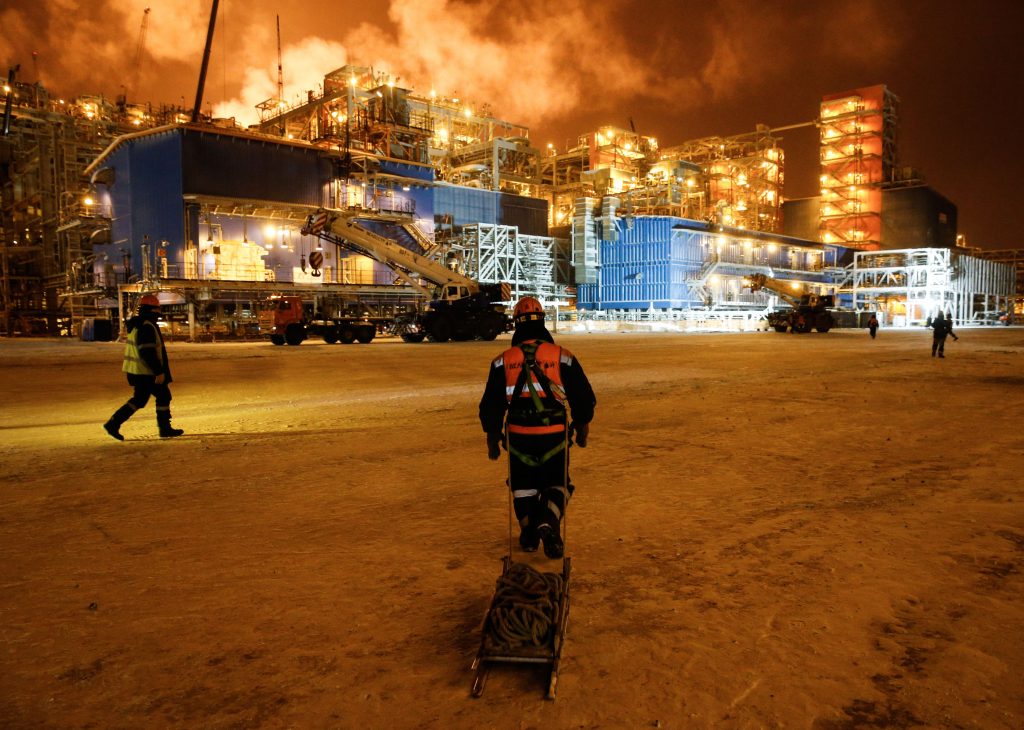
Rival sphere of influence in North?
The seven western states on the Arctic Council suspended their cooperation with Russia in the forum after the Ukraine invasion, saying the war undermined many of the founding principles of the body,which include sovereignty and territorial integrity based on international law.
Childs says this continued rupture in Arctic cooperation could open the door to greater Chinese influence in the North.
“The interests of China in particular, in conjunction with Russia, of having a greater role in the Arctic and potentially setting up a rival sphere of influence as far as Arctic governance is concerned, is, I think, an issue to be concerned about,” he said.
U.K. examining priorities in Arctic
The hearings were part of the inquiry into the Arctic launched by the U.K.’s International Relations and Defence Committee announced in March.
Russia’s invasion of Ukraine and the resulting diplomatic and security changes necessitate a rethink of U.K. priorities and capabilities in the Arctic, the committee said.
The Foreign, Commonwealth and Development Office’s February Arctic Policy Framework, as well as the Ministry of Defence’s 2022 policy paper on UK’s Defence contribution in the High North will also be examined as part of the process the committee said.
“We are seeking to look closely at the U.K. Government’s aims in the Arctic, and whether it has the capabilities and resources to fulfill them,” the committee chair said in a statement.
“The Committee will look at how the U.K. is delivering on its strategic priorities, including working effectively with Arctic states, upholding international law and freedom of the seas, and supporting NATO’s expanding role in the Arctic.”
The committee began hearing evidence on April 19.
The next hearing is scheduled for May 17.
Write to Eilís Quinn at eilis.quinn(at)cbc.ca
Related stories from around the North:
Canada: U.S. report claims Trudeau told NATO Canada will never meet military spending target, CBC News
Denmark: Arctic security key in upcoming defence agreement: acting Danish defence minister, Eye on the Arctic
Finland: Russian cyber attacks, espionage pose growing threat to Finnish national security, Yle news
Greenland: Growing focus on Arctic puts Greenland at higher risk of cyber attacks: assessment, Eye on the Arctic
Iceland: NATO anti-submarine warfare exercise underway in North Atlantic, Eye on the Arctic
Norway: Russia-China coast guard cooperation big step, says Arctic security expert, The Independent Barents Observer
Russia: Russian Arctic rescue exercise attended by observers from Iran and Saudi Arabia, The Independent Barents Observer
Sweden: Russian spy ships surveying Nordic energy infrastructure, Radio Sweden
United States: U.S. nominates Alaskan as first Arctic ambassador, Eye on the Arctic

